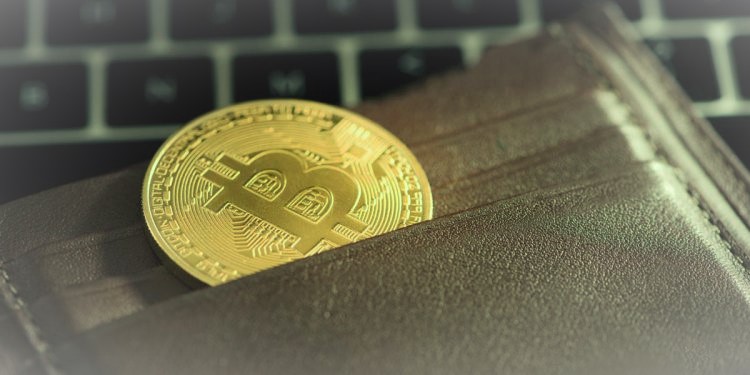In the world of cryptocurrency, the phrase “not your keys, not your coins” is a reminder of the importance of maintaining control over your own private keys.
A private key is a secret code that grants access to a cryptocurrency wallet and the coins within it. Without the private key, the coins within that wallet cannot be accessed or transferred. This means that if you do not have control over your own private keys, you do not truly own the coins in that wallet.
This is where the concept of “not your keys, not your coins” comes into play. When you store your coins on a centralized exchange or with a third-party custodian, you are effectively giving up control of your private keys to that entity. While they may promise to keep your coins safe, they are also in control of the coins and can make decisions on how to use them without your consent.
In contrast, when you store your coins on a self-custodied wallet, such as a hardware wallet or a software wallet that you control the private keys, you always maintain control over your coins. This means that you are in full control of your coins and can make decisions on how to use them, such as transferring them to another wallet or selling them on an exchange.
When storing coins in your self-custodied wallet, you should also put a passphrase on it. You will have a key file or mnemonic phrase associated with your wallet. By using a passphrase, you’ll be able to provide more security for yourself and your funds. Tools such as Metamask are good for Ethereum, Polygon, and many other cryptocurrencies. Metamask will provide you with your mnemonic phrase when setting up your wallet, and this should be stored as if you were storing gold for Fort Knox. This phrase gives access to all your funds in your wallet.
Luckily if you believe to have been compromised, setting up a new phrase is easier than opening a bank account. You just set up a new account (on a non-compromised system) and transfer all your funds to the new wallet. The concept of “not your keys, not your coins” is especially important in the world of cryptocurrency because, unlike traditional financial systems, there is no central authority that can help you recover your coins if you lose access to them. If you lose control of your private keys, you may permanently lose access to your coins.
Self-custody of your assets means you are responsible for all your funds. This is a blessing for people who may have been affected by outages during huge volatility spikes on exchanges. Many notable spikes occur when cryptocurrencies like Bitcoin, Ethereum and Solana move 10% or more within a couple minutes. If you try and sell, you might be limited by the exchange as they try and keep liquidity available on the cryptocurrency and fiat side.
Other issues, like the recent FTX scandal show how your funds can be used in ways that you do not want to be used. This is also prevalent with the large lending coin scam of 2017-2018, the Mt. Gox scandal in 2013-2014 and many other similar events.
It is important to keep in mind that in the world of cryptocurrency, your keys are your coins. Maintaining control over your own private keys is essential for truly owning and being in control of your coins, and it is important to store your coins on a self-custodied wallet that you control the private keys.

